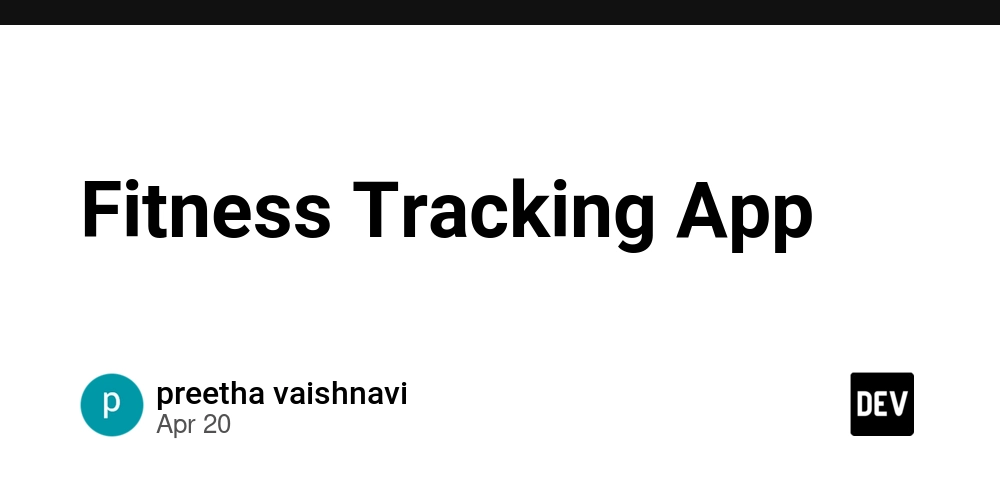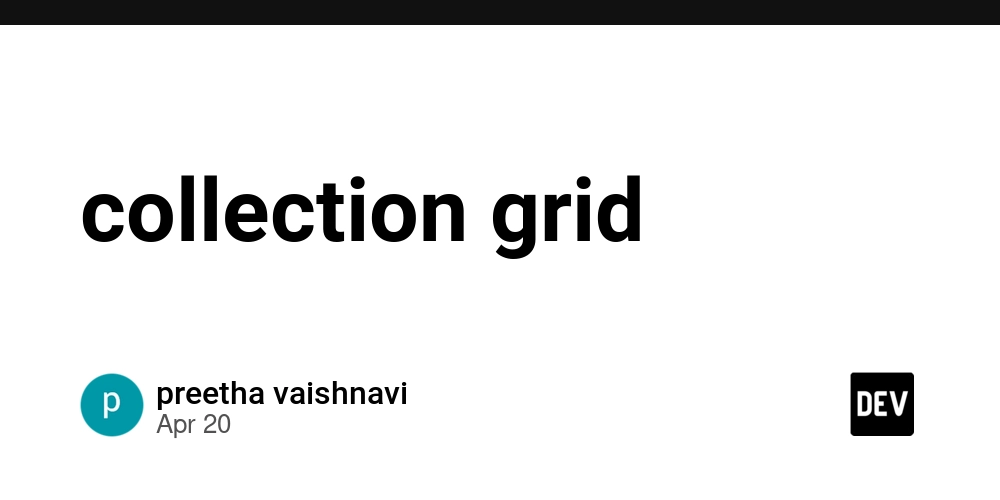7 Habits that are silently destroying your career growth
Discover the 7 harmful habits that quietly sabotage your success at work and learn how to break them before they ruin your career growth.


Imagine your career as a sturdy boat sailing through open waters. You’re paddling hard, the winds seem favourable, and everything feels fine. But unknown to you, there’s a small hole at the bottom of the boat. It doesn’t make noise. It doesn’t rock the ship. But drop by drop, it fills your boat with water—and one day, you find yourself sinking.
That’s how silent career-killing habits work. They don’t make a scene. They don’t get called out in meetings. But slowly, they drag you down, stunting your progress, limiting your opportunities, and keeping you from becoming the professional you’re capable of being.
The scary part? Most of us don’t even realise we’re doing them.
7 silent habits that might be sabotaging your career
1. Being a passive learner
Learning doesn’t stop after onboarding or a certification course. But if you only learn when told, or avoid upskilling unless it’s mandatory, you’re falling behind.
Why it hurts: Industries evolve fast. Employers notice when you're not keeping pace. Passive learners risk becoming obsolete, especially in tech-driven roles.
What to do instead: Be proactive. Follow industry blogs, enrol in short courses, and attend webinars—even if your manager hasn’t told you to.
2. Avoiding visibility
Many talented professionals believe "my work should speak for itself." It’s a noble idea—but in today’s world, it's often not enough.
Why it hurts: If your efforts aren’t visible, they’re forgotten. Colleagues and managers may overlook you for promotions or important projects.
What to do instead: Speak up in meetings. Share your wins on internal platforms. Make your work visible without bragging—there’s a difference between confidence and arrogance.
3. Saying yes to everything
It feels good to be the dependable team player who says “yes” to every request. But over time, this habit can backfire badly.
Why it hurts: Overcommitting leads to burnout and mediocre performance. It also signals that your time isn't valuable, or that you don’t know how to prioritise.
What to do instead: Learn to say “no” gracefully. Ask clarifying questions before agreeing to new tasks. Offer alternatives when you’re stretched thin.
4. Avoiding difficult conversations
You don’t want to rock the boat. You avoid giving feedback, setting boundaries, or asking for what you deserve, like a raise or promotion.
Why it hurts: Avoidance leads to resentment and missed opportunities. You appear passive or uninterested in your own growth.
What to do instead: Prepare for tough talks. Use assertive, respectful language. The ability to communicate clearly and calmly is a career superpower.
5. Neglecting personal branding
You might think only influencers or entrepreneurs need personal branding. But even in a 9-to-5, your professional identity matters.
Why it hurts: If you don't define your strengths, others will do it for you—and they might not get it right.
What to do instead: Update your LinkedIn. Share thoughtful content in your domain. Build a reputation around your expertise and values.
6. Staying in the comfort zone
You’ve mastered your role. You’re efficient. Comfortable. But deep down, you’re not challenged—and haven’t been for a while.
Why it hurts: Comfort zones are career graveyards. Growth happens when you stretch, take risks, and tackle new challenges.
What to do instead:
Volunteer for a cross-functional project. Try mentoring. Request a stretch assignment that pushes your limits.
7. Ignoring feedback
Feedback can be uncomfortable. But brushing it off or taking it personally is a surefire way to stall your progress.
Why it hurts:
It signals a fixed mindset. Managers may hesitate to invest in your growth if they think you're resistant to change.
What to do instead:
Listen openly. Ask clarifying questions. Don’t defend—digest. Then use it as a blueprint for improvement.
Final thoughts: Small fixes, big impact
None of these habits is dramatic or scandalous. That’s what makes them dangerous. They hide in plain sight, costing you promotions, raises, and the respect of peers, one missed opportunity at a time.
The good news? They’re fixable. And you don’t need a major career overhaul—just awareness, intention, and the willingness to do a little better each day.
Just like plugging that slow leak, these small shifts can keep your career ship sailing smoothly toward success.









































































































































































![[The AI Show Episode 144]: ChatGPT’s New Memory, Shopify CEO’s Leaked “AI First” Memo, Google Cloud Next Releases, o3 and o4-mini Coming Soon & Llama 4’s Rocky Launch](https://www.marketingaiinstitute.com/hubfs/ep%20144%20cover.png)




























































































































![[DEALS] The All-in-One Microsoft Office Pro 2019 for Windows: Lifetime License + Windows 11 Pro Bundle (89% off) & Other Deals Up To 98% Off](https://www.javacodegeeks.com/wp-content/uploads/2012/12/jcg-logo.jpg)




























![Is this too much for a modular monolith system? [closed]](https://i.sstatic.net/pYL1nsfg.png)






















































































































_Andreas_Prott_Alamy.jpg?width=1280&auto=webp&quality=80&disable=upscale#)






























































































![What features do you get with Gemini Advanced? [April 2025]](https://i0.wp.com/9to5google.com/wp-content/uploads/sites/4/2024/02/gemini-advanced-cover.jpg?resize=1200%2C628&quality=82&strip=all&ssl=1)












![Apple Shares Official Trailer for 'Long Way Home' Starring Ewan McGregor and Charley Boorman [Video]](https://www.iclarified.com/images/news/97069/97069/97069-640.jpg)
![Apple Watch Series 10 Back On Sale for $299! [Lowest Price Ever]](https://www.iclarified.com/images/news/96657/96657/96657-640.jpg)
![EU Postpones Apple App Store Fines Amid Tariff Negotiations [Report]](https://www.iclarified.com/images/news/97068/97068/97068-640.jpg)
![Apple Slips to Fifth in China's Smartphone Market with 9% Decline [Report]](https://www.iclarified.com/images/news/97065/97065/97065-640.jpg)



































































































































